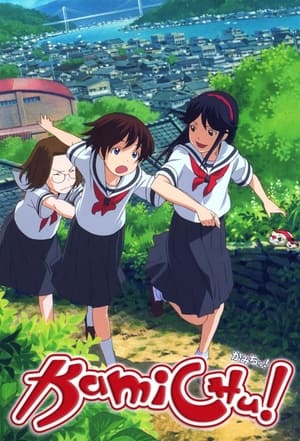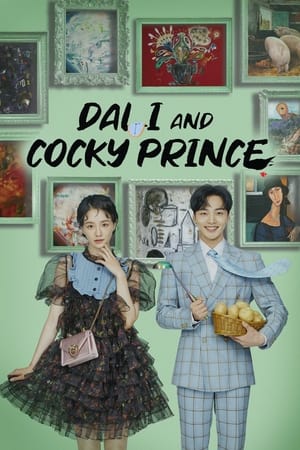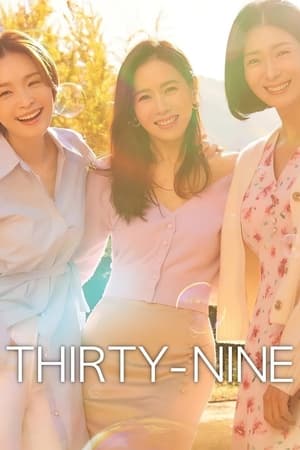Overview
Kyoko's, a wheelchair-bound librarian, first meeting with her hairdresser leads to more encounters as Kyoko starts to like him because he treats her normally despite her condition.
Reviews
Beautiful Life (2000) was an emotionally charged drama that struck a familiar chord reminiscent of other ones like it for its textbook depiction of love, loss, and resilience, but it wasn’t without its flaws. At its heart, the story was anchored by the chemistry between Takuya Kimura’s charming yet understated portrayal of Shuji and Takako Tokiwa’s luminous performance as Kyoko, a woman whose physical limitations were treated with admirable sensitivity for its time. The drama’s beauty lay in its quiet moments, Kyoko's defiant joy, Shuji's evolving tenderness, and the unspoken melancholy of ordinary life brushed with rising pain. However, its emotional power often bordered on manipulation, with tear-jerking sequences and swelling musical cues that risked reducing a nuanced relationship to a mere tragedy. Fortunately, this was only most applicable to the last 3 episodes. Additionally, while the drama broke ground by portraying a disabled FL in a leading role, it sometimes leaned into idealized tropes, framing Kyoko’s struggles more as narrative devices to drive Shuji’s growth rather than delving deeper into her agency and identity despite being a leading character. The pacing, too, occasionally faltered, with melodramatic stretches that risked to undercut the rawness of its central theme. In a different world, I would love to see them continue exploring the relationship without the terminal illness element since it was somewhat cut short to accommodate for the writer's predetermined plan. On another note, a few things were planted but neglected and ended up being underutilized. For example, it was foreshadowed multiple times how Shuji was the son of a famous hospital director/CEO and coming from a family of doctors but that didn't play a role later on, nor the anticipated involvement of his family which remained anonymous. Many things were either missing or unfinished at the cost of fleshing out the story and its characters just to reach the highly emotional familiar moments. For all of its shortcomings, Beautiful Life captured something universally human: the poignancy of love in the face of fate. It was imperfectly told and profound, a drama which, even as one wished it had dared to be bolder, lingered on in the heart, at least for a little while.

 Japanese
Japanese
 8.4
8.4
 2000
2000
 Japan
Japan
 ParkMin wrote:
ParkMin wrote:



















